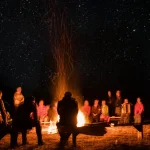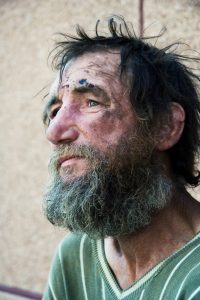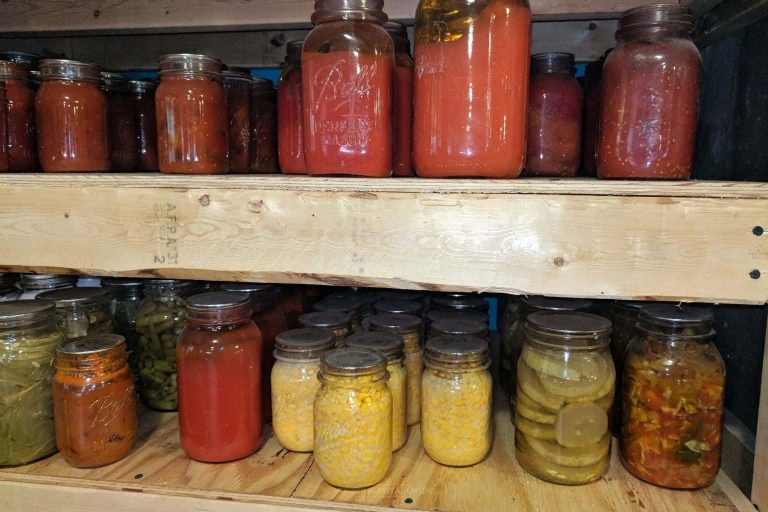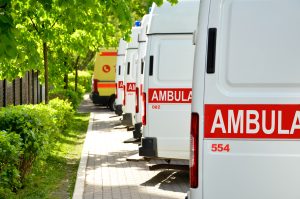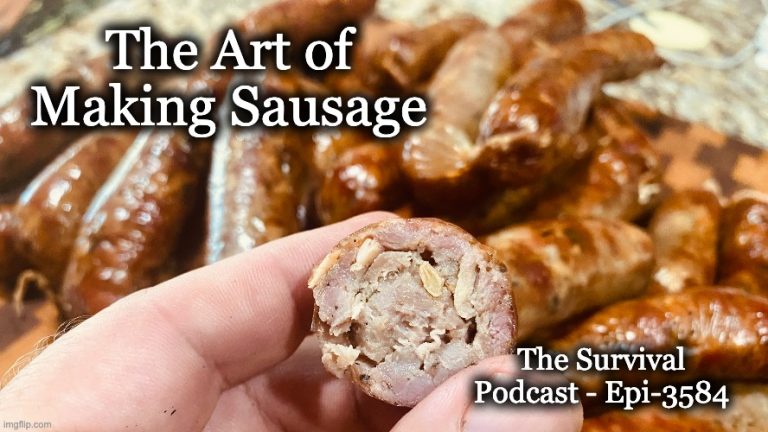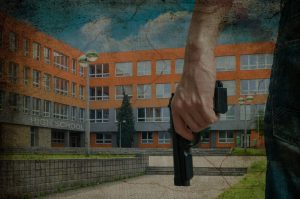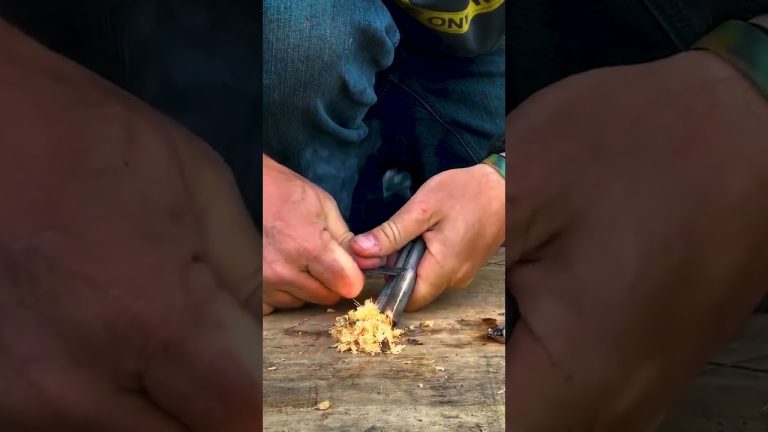In survival, you may find yourself as the highest medical asset left to your people. While many believe you’ll be dealing daily with injuries as a result of hostile encounters, it’s much more likely you’ll be confronted with mental issues like anxiety and depression. In this article, we’ll talk about a specific condition called “situational depression.”
Situational depression is a term that describes a psychological response to a life-altering event such as divorce, a loved one’s death, loss of employment, medical illness, physical trauma, experience in military combat, sudden financial downturn, and much more.
SYMPTOMS OF SITUATIONAL DEPRESSION
Situational depression affects a person’s self-esteem and the way they approach others. Symptoms include:1
- Extreme sadness
- A sense of hopelessness
- Apathy
- Insomnia
- A sense of being overwhelmed
- Loss of appetite
- Constant worry and anxiety
- Difficulty concentrating
- Failure to engage with others
SITUATIONAL VS CLINICAL DEPRESSION
The difference between situational and classic clinical depression is that situational depression is a direct response in a previously normally-functioning person to a particular event. It’s temporary and subsides with time. Clinical depression has no obvious cause and may be related to problems with brain chemistry. It may be a long-term issue.
It’s been written that situational depression starts soon after a stressful event and has an endpoint no longer than six months after the stress or its consequences have ended. Although this may be a common scenario, I personally believe that situational depression can morph into clinical depression and post-traumatic stress syndrome, becoming a factor in much longer-lasting handicaps to mental health.
SITUATIONAL DEPRESSION SUBTYPES
Situational depression can present differently in different individuals, who might exhibit primarily:
Depressive aspects: This person has the classic appearance of depression, with low energy, a sense of hopelessness, and loss of pleasure in things previously enjoyed. You may see frequent episodes of crying.
Anxious behavior: Expect to see a worried, nervous, jittery sufferer. They may unable to function due a sense of being overwhelmed by activities of daily survival.
Mixed moods: Aspects of both anxiousness and depression are visible.
Behavior disorders: This individual is combative and may vandalize property. In children, skipping school or acting out in front of authority figures is common.
Mixed mood and behavior disorders: This person exhibits aspects of all of the above.
MAKING THE DIAGNOSIS OF SITUATIONAL DEPRESSION
In normal times, a person with situational depression can identify a stressful event or condition that impacts their ability to function. In an event that takes society to the brink, it may be obvious, but a discussion about the patient’s personal history is important. Ask about medical, family, social (alcohol, drugs, etc), and other parts of the person’s history to gain more insight.
In survival scenarios, it’s detrimental to the success of a group to have non-functioning members. The medic must intervene to help the situationally depressed to recover and be a contributing part of the group. Your counseling skills may be as important as your medical expertise.
TREATING SITUATIONAL DEPRESSION
Of course, the off-grid medic won’t have access to anti-depressant drugs. Some natural substances may help. Vitamin supplements like B12, Folic Acid, Tryptophan, and Omega-3 antioxidants may be effective. St. John’s Wort has been used with some success, and has even been called “herbal Prozac.” It shouldn’t be used, however, on pregnant women or children.
There are non-pharmaceutical interventions that may help:
- Assuring adequate nutrition
- Reducing substance abuse (nicotine, caffeine, alcohol, drugs). This might have to be done over time.
- Encouraging exercise and constructive activities.
- Promoting rest breaks.
- Offering opportunities to get clean and feel “normal.”
- Encouraging good sleep habits.
- Instituting relaxation techniques (meditation, massage, deep breathing).
- Accentuating the positive aspects of every situation (if there are any). Celebrate little victories, such as a group member’s first successful attempt at making fire.
- Making sure your people cultivate supportive relationships with each other.
People who are depressed often feel very alone. You must work to foster a sense of community; these bonds will provide strength to your emotionally weakened members. This may seem a little too “touchy-feely,” but remember: The medic’s duties encompass more than just wound care. Be there for your peoples’ mental health as well as their physical. They’re more interconnected that you’ll ever know.
Joe Alton MD






